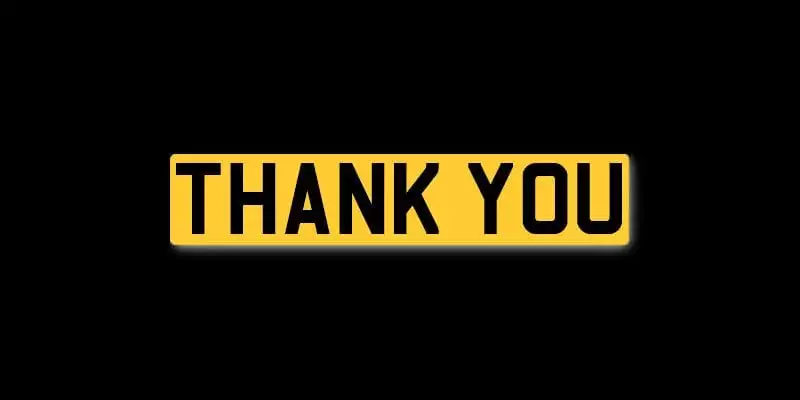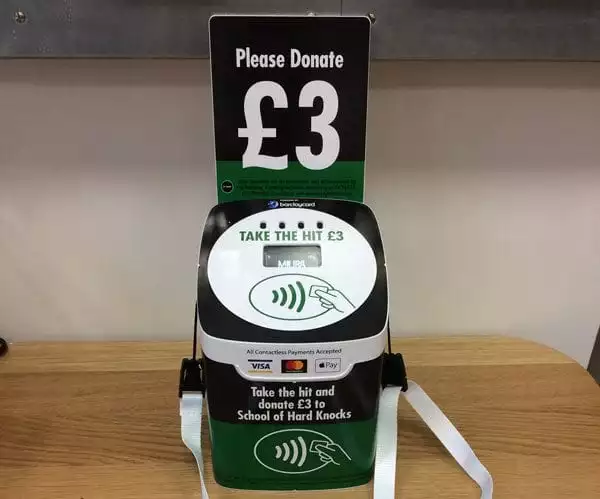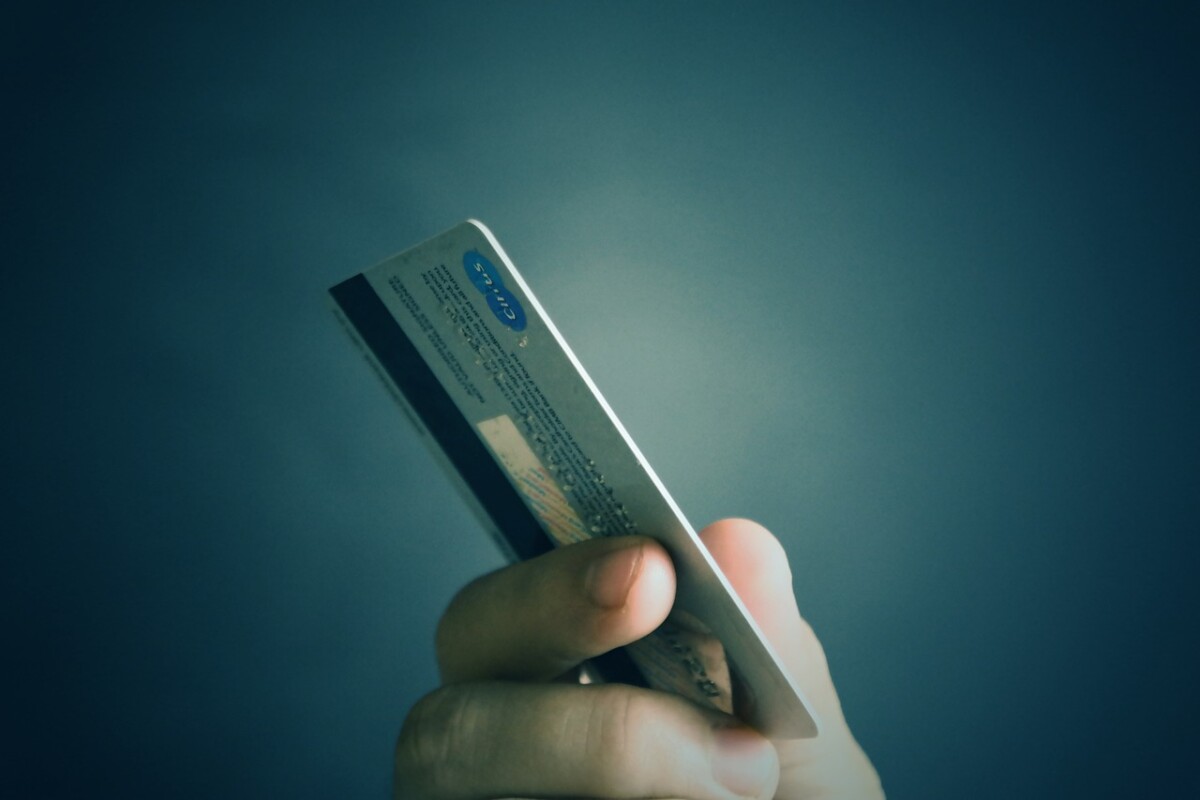World’s first contactless giving car to raise funds for Stand Up to Cancer
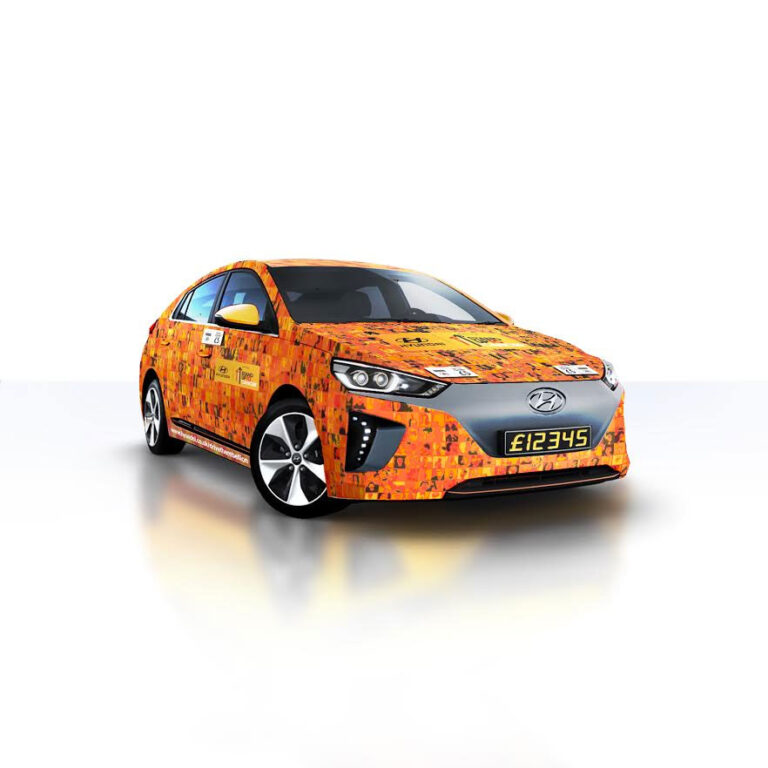
The range of items that will let you make a contactless donation has expanded even further. You can now make a cashless gift to Stand Up To Cancer via a new car from Hyundai Motor UK.
One special model of the zero-emission Hyundai IONIQ Electric will feature five contactless donation points. Members of the public can use contactless payment to donate securely either £5 or £10 to support Stand Up To Cancer’s research.
Expect a noticeable acknowledgement after a donation. The vehicle will ‘thank’ those who have donated “using audio and visual cues and electronic movements”.
Advertisement
Keep an eye on the number plates too: a digital totaliser will showing the increasing figures as people tap to donate.
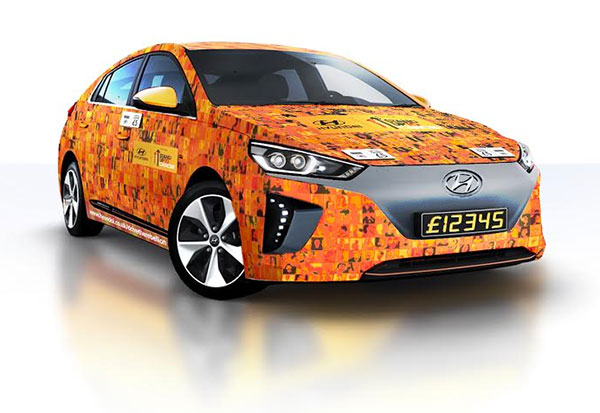
“The world’s first contactless car” will be unveiled on 22 May at Kings Cross station in London. It will then tour the UK and feature at a number of events from May to November 2017. At these events, the public will be encouraged to support Stand Up To Cancer by having their photograph taken inside the contactless car before sticking their image onto the car’s exterior.
The total raised throughout the tour will feature on the vehicle, with a digital totaliser on the number plates showing the increasing figures as people tap to donate.
Rachel Carr, head of Stand Up To Cancer, said: “We’re always looking for new ways to engage and excite supporters and Hyundai has come up trumps with the creation of the world’s first contactless car. It’s an exciting partnership that brings a fun and simple way of donating to the masses. We’re hoping people across the UK will be impressed and inspired by the vehicle and will choose to tap and donate to support Stand Up To Cancer’s work to bring kinder and better treatments to patients, faster.”
Tony Whitehorn, president and CEO of Hyundai UK, added: “We are extremely proud to be supporting Cancer Research UK this year as an official partner of Stand Up To Cancer. We’re helping in the way we know best: with innovation. Our world-first contactless IONIQ Electric will be designed to make joining the rebellion against cancer as easy, convenient, and as engaging as possible.”
CRUK and contactless giving
The contactless car follows on from a successful trial that Cancer Research UK carried out as part of the 2016 Stand Up To Cancer campaign, which equipped cash bucket collectors with mobile payment technology that allowed them to take contactless payments. Supporter feedback from this trial was overwhelmingly positive, with 25% of income being generated from contactless donations.
Contactless giving objects
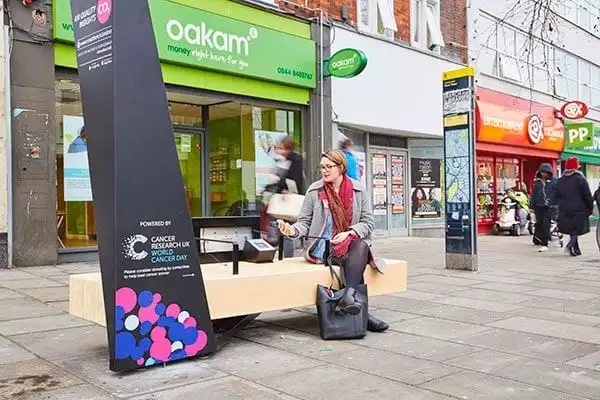
There seems to be no limit to the type of objects that can be transformed into a contactless giving opportunity. These include:
- street benches (Cancer Research UK)
- dogs (Blue Cross)
- cardboard comedian cut-outs (Comic Relief)
- shop windows (Cancer Research UK)
- reindeer costume (the Director of Fundraising at Oxfam!)
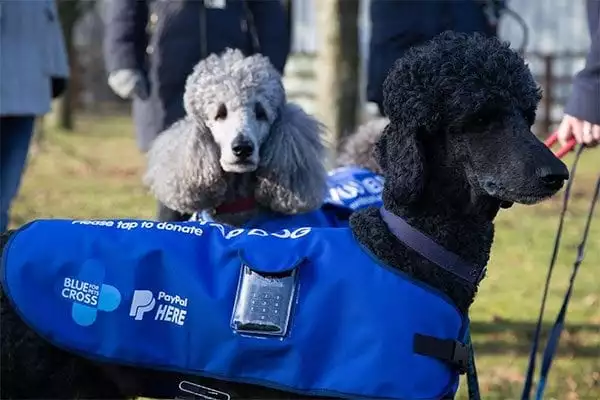
Thyngs and Angal have, appropriately enough, recently added contactless giving to the traditional collecting box. Indeed, Thyngs claims that it can make almost any object a contactless giving opportunity.
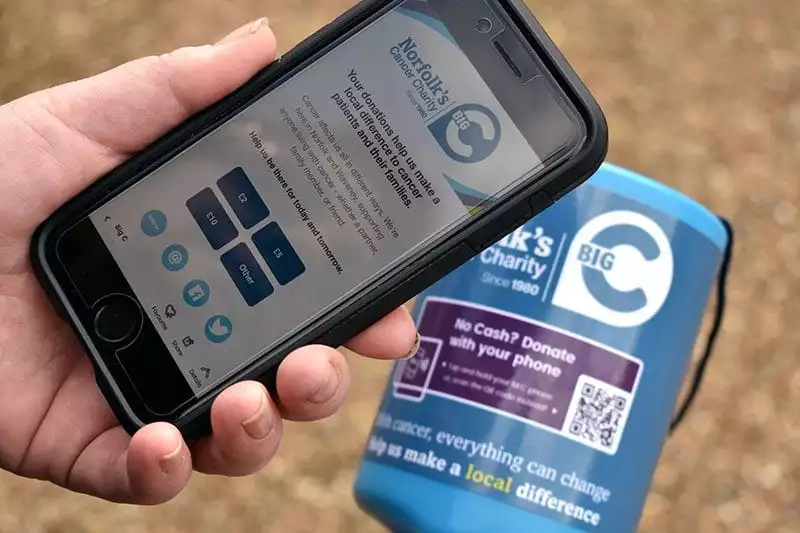
Many charities are now using contactless giving via digital collecting boxes, including Oxfam (at a trial with Sainsbury’s stores), the Royal British Legion, and The Barbican Centre. JustGiving has developed a contactless giving app, and the National Funding Scheme provided contactless boxes at the recent rugby championships.
Launched in the UK in 2012, Stand Up To Cancer is a partnership between Cancer Research UK and Channel 4. It has raised more than £38 million, supporting over 40 clinical trials and research projects that will involve more than 10,000 people.




